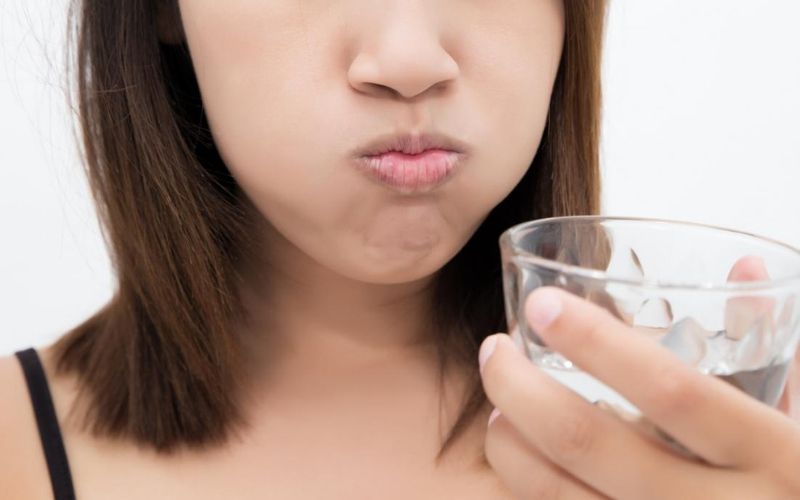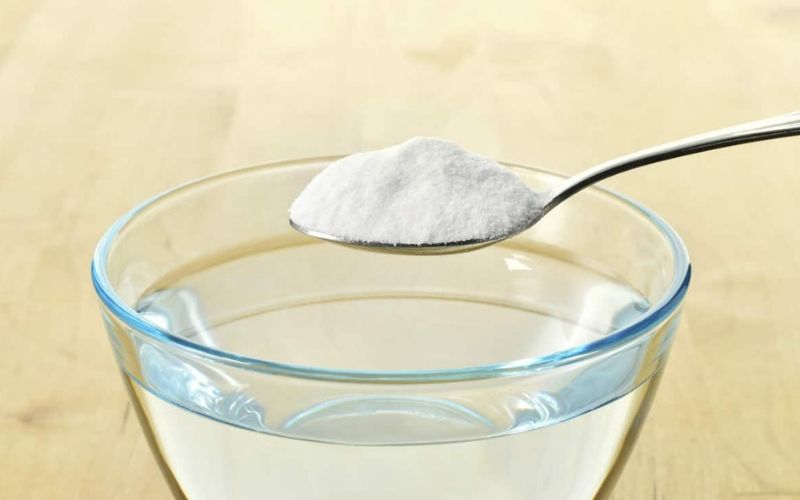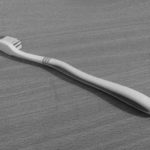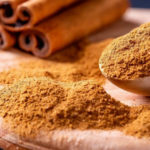Saltwater has antibacterial and healing properties, making it an effective mouthwash. It kills bacteria, freshens breath, and prevents gum inflammation. Additionally, when used as a mouthwash, saltwater gets into the crevices between teeth, removing trapped food particles that can cause irritation.
Besides its dental benefits, gargling with saltwater is a simple yet effective home remedy for soothing a sore throat. For these reasons, many people incorporate saltwater mouthwash into their oral hygiene routine as a safe and natural way to maintain healthy teeth and gums.
Read on to learn more about this ancient practice and how to do it safely and effectively.
1 How to Gargle with Saltwater
Ingredients
- 1 teaspoon of salt
- 240ml of clean water
Directions
When helping young children with this process, have them gargle with warm water first, and then follow the steps above. This practice is suitable for children aged three and above, as they can usually manage the gargling action without assistance.
 Gargling with Saltwater
Gargling with Saltwater
2 Precautions and Tips for Gargling with Saltwater
It’s important to refrain from swallowing the saltwater after gargling, despite its antibacterial properties. Ingesting large amounts of saltwater can disrupt your body’s fluid balance and may lead to cardiovascular issues.
Some people believe that using extremely salty water enhances the effectiveness of this practice. However, this is a misconception that can lead to health issues such as high blood pressure, heart disease, and kidney stones. The excess salt accumulates in the body, causing these problems over time.
For optimal results, gargle with saltwater in the morning and before bedtime, and brush your teeth afterward to enhance its antibacterial effect. While saltwater is beneficial for oral health, overdoing it can erode your tooth enamel. Limit saltwater gargling to 3-4 times a week to maintain a healthy balance.
In cases of severe sore throat or persistent symptoms, seek medical attention promptly to rule out any underlying conditions and prevent complications.
 Precautions for Gargling with Saltwater
Precautions for Gargling with Saltwater
Gargling with saltwater is a natural and safe way to maintain oral hygiene. Keep the tips mentioned above in mind to get the most out of this practice. Good luck, and don’t forget to check out our convenient reference guides for more helpful information!
How to Maximize Air Conditioning Comfort for Babies in the Home
Having a new baby in the home brings many considerations and responsibilities, none more important than making sure the baby is safe and healthy. One way to achieve this is proper air conditioning usage. Read on for helpful tips on how to make the best use of air conditioners to keep your newborn safe.






































